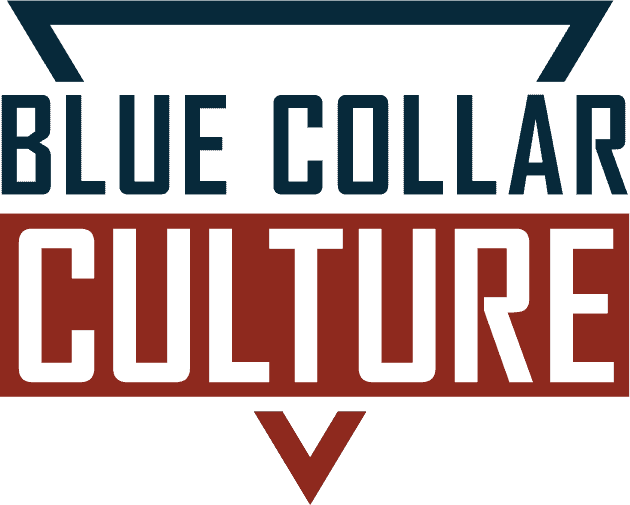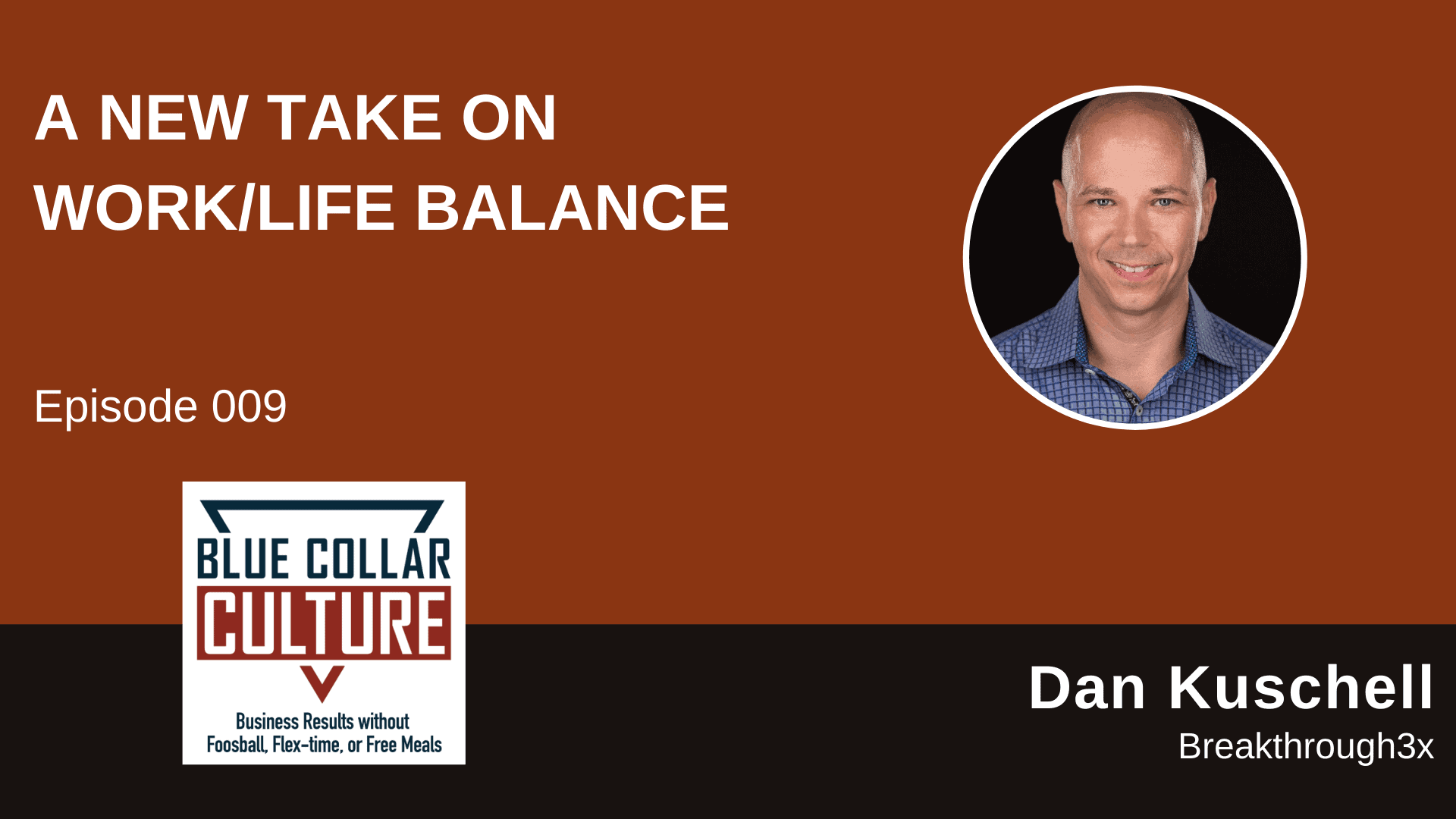Dan Kuschell has started 11 companies and coached more than 5,000 entrepreneurs in all sorts of industries. Through decades of business experience he’s gained unique insights into why some businesses thrive, others barely survive, and some die.
One thing he knows for sure is that simply working hard doesn’t guarantee success. And often it wreaks havoc on your life. It’s a lesson he learned the hard way in a hospital emergency room.
But you won’t find him talking about work/life balance. Find out why he doesn’t believe in it, at least in the conventional sense, as well as…
- 3 questions you must ask yourself to change your business and life
- Why business plans don’t work
- How to make sure your business doesn’t depend on you
- What you must do to make your business sellable
- And more
Listen now…
Mentioned in this episode:

